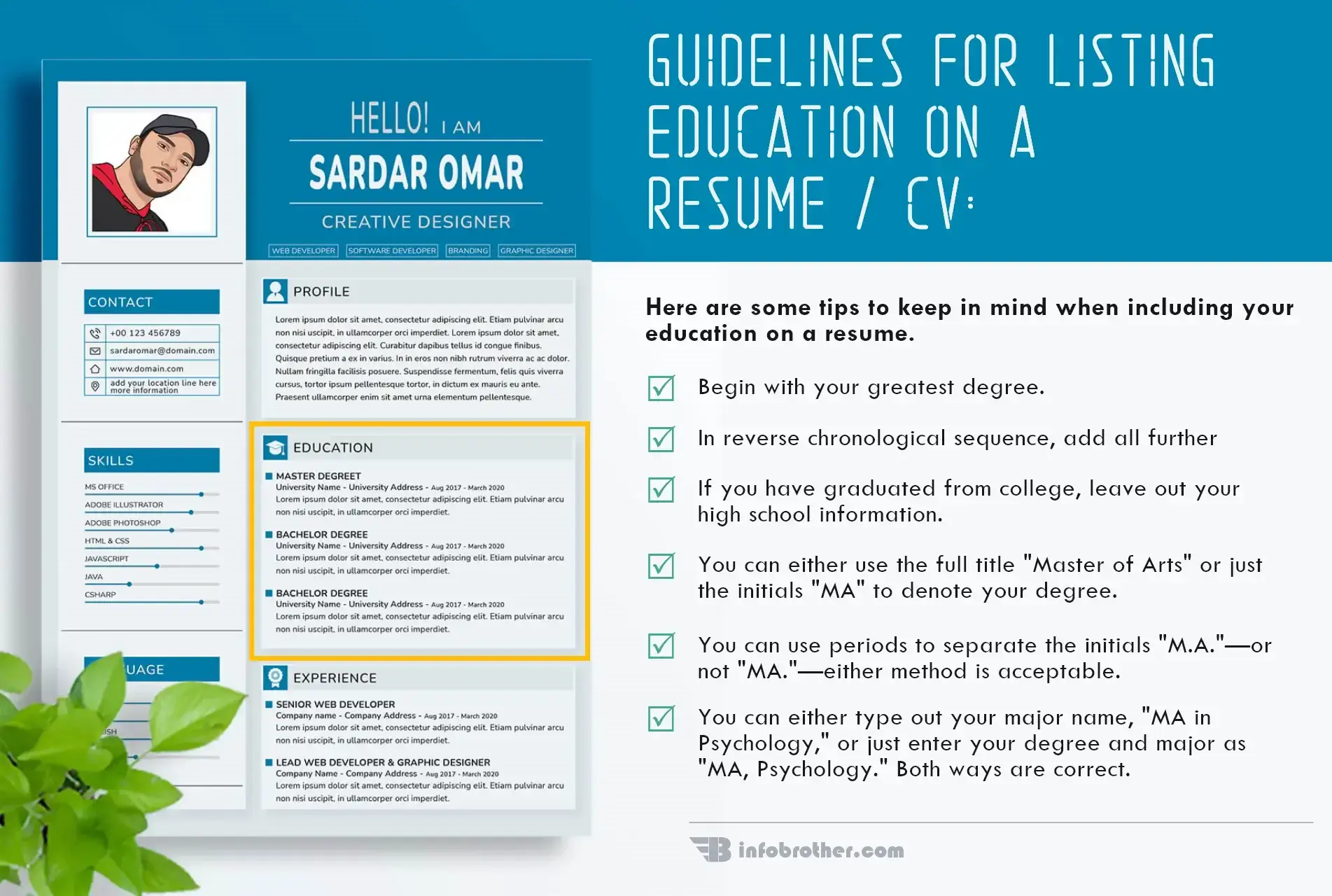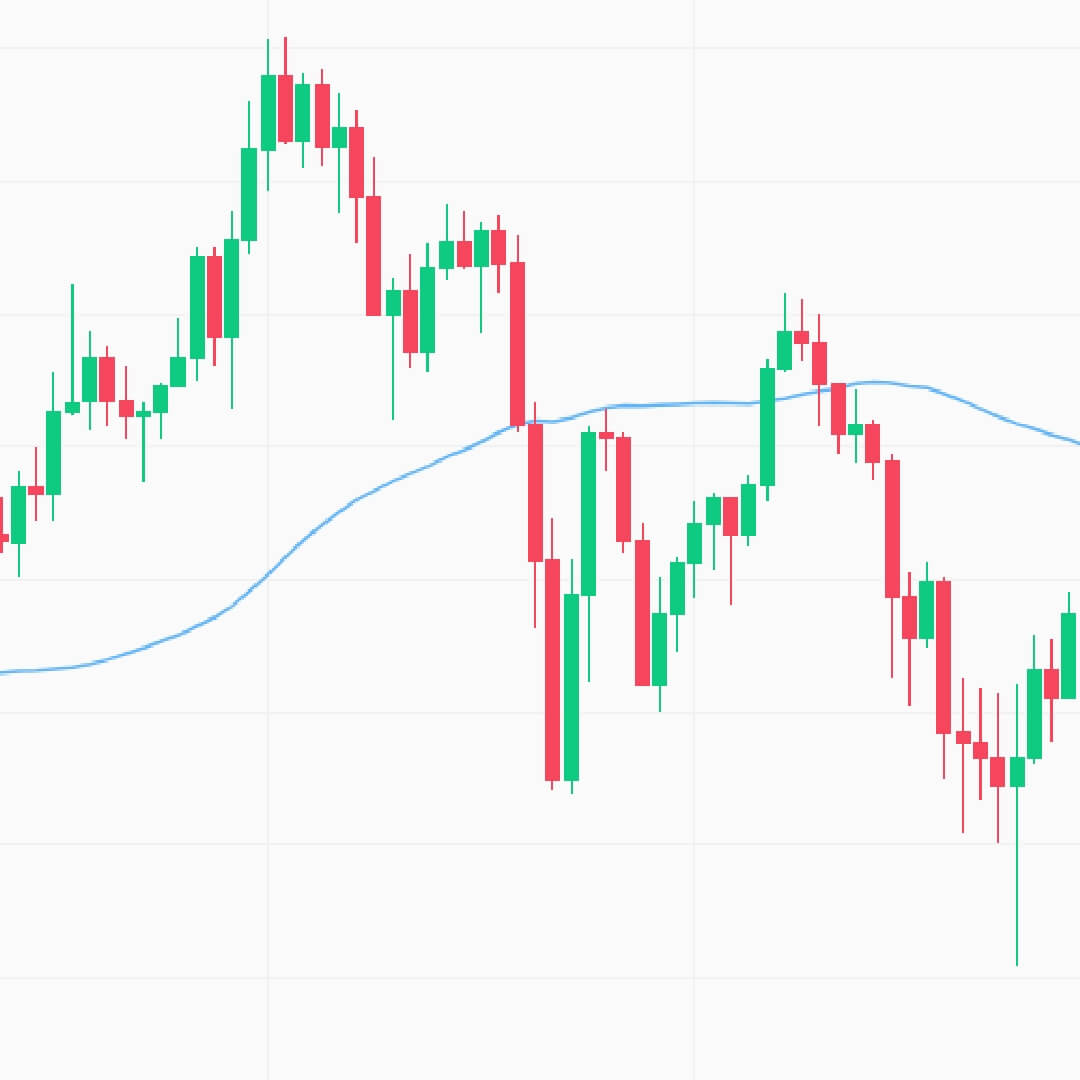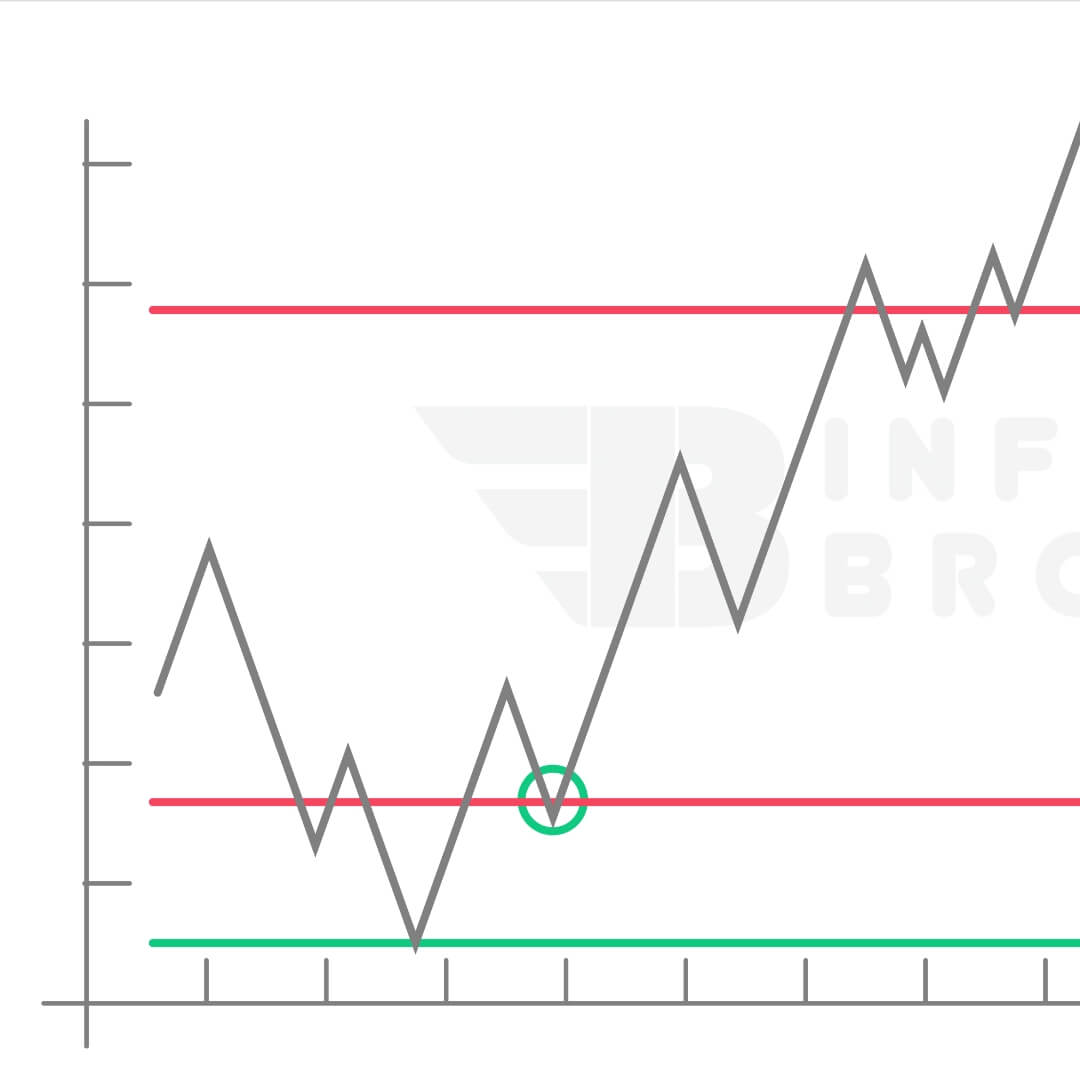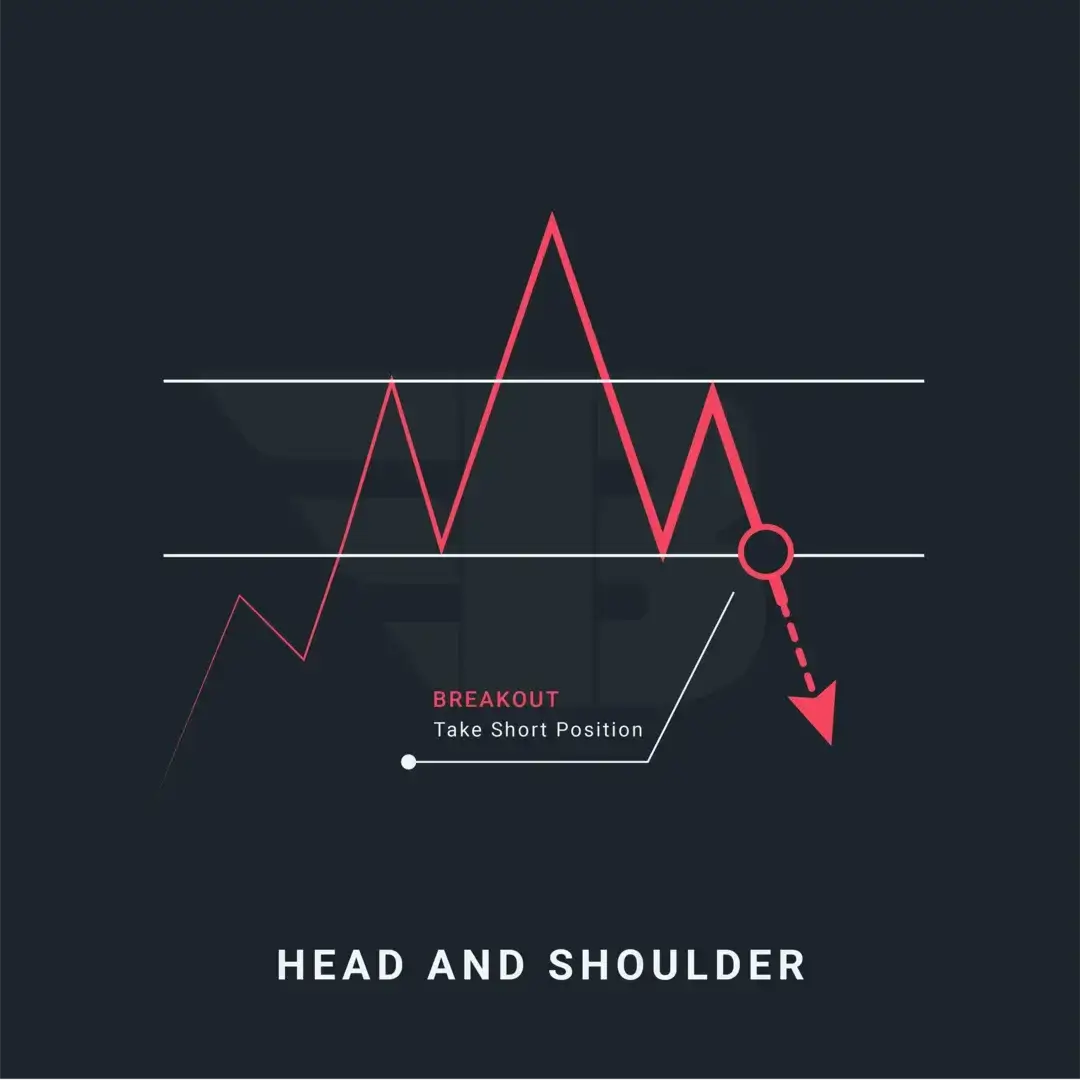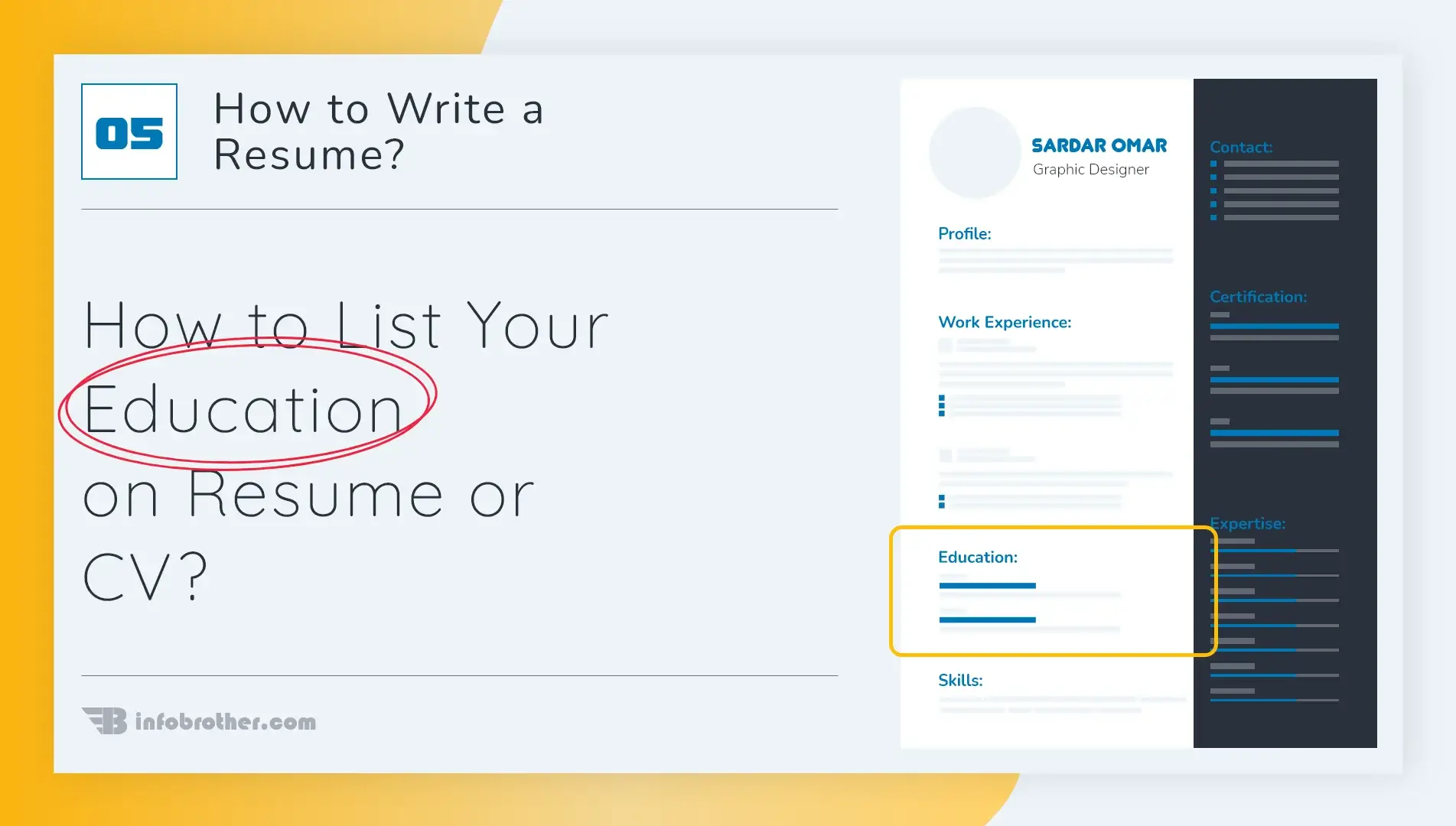
Guidelines for Listing Education
How to List Education on Your Resume: Best Practices & Examples
Education is one of the few essential parts of resumes that companies check for. This information will provide recruiters a better understanding of your past, which can help them decide whether you are a good match for the position. This area might help you stand out from other applicants right away if your schooling is very pertinent to the job or includes any certificates needed for the role.
Most individuals find it as simple as Tic Tac Toe to list their education on a CV. University name, degree, and year of graduation completed. But for some people, it's more difficult than it seems to figure out how to list your schooling on a CV.
For instance, should experience or education appear first on a resume? Moreover, how can someone who is still a student mention their education on a resume?
We'll go through how to put education on a resume step-by-step in this post, along with some concrete examples you can use.
